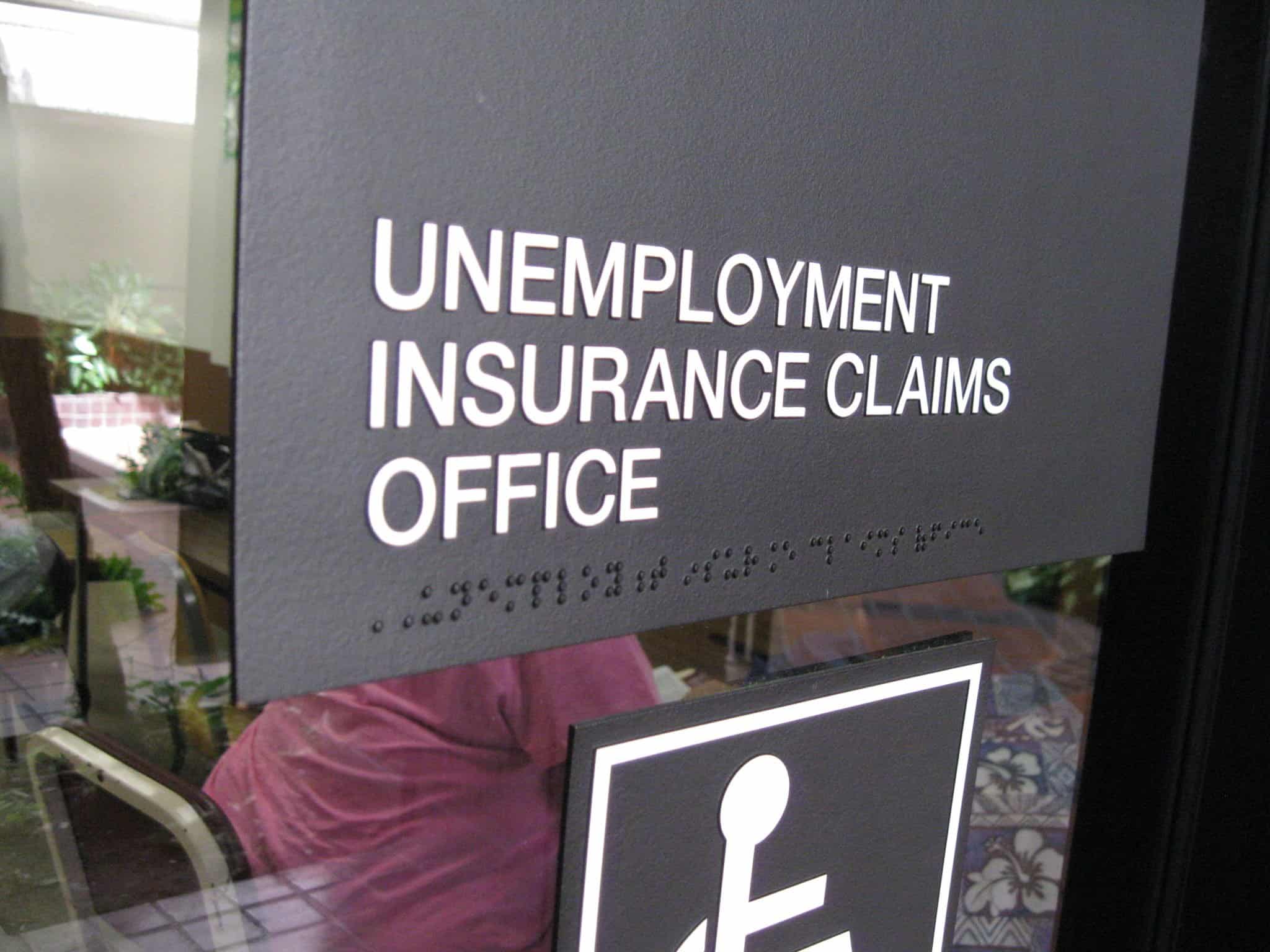
Zachary Boullt is a student at Harvard Law School.
Amidst informal congressional negotiations on the next coronavirus stimulus aid, Labor Secretary Scalia has expressed tacit reluctance to extend the $600 weekly unemployment payment boost beyond the July 31 expiration date. Scalia criticized the current program for giving flat benefit increases regardless of income, and he sympathized with concerns that the payment boosts are incentivizing workers not to return to work. Scalia’s remarks follow a recent congressional grant of $26 million to the Department of Labor Office of Inspector General to investigate the unemployment insurance system, including instances of people not returning to work when given the opportunity. As part of the investigation, the Department of Labor on Monday issued a guidance encouraging states to solicit employers for information on employees not returning to work. The guidance follows a Department of Labor policy that “general concern” regarding contracting COVID-19 is not sufficient grounds to refuse returning to work.
A new report from UC Berkeley Labor Center has calculated that Lyft and Uber would have owed California $413 million in unemployment contributions from 2014 through 2019 if drivers were classified as employees rather than contractors. The report follows a wave of criticism that the two companies have not contributed to state unemployment funds despite drivers receiving pandemic unemployment benefits. Lyft disputes the report’s calculations as politically biased and ignoring the effects that employee classification would have on their driver numbers. The report could serve as new ammo in the ongoing legal battles between the rideshare companies and California over the AB-5 worker classification law.
On Sunday, Deanna covered Tesla founder Elon Musk’s threats to relocate his Fremont manufacturing plant after Alameda County prevented the plant’s reopening due to worker safety concerns. Musk has now defied the county order and resumed production at the plant. Musk informed workers that their furlough ended on Sunday, but the workers have received conflicting reports from Tesla leaders and from state officials regarding whether the reopening has actually been approved. Alameda County has issued a statement that the plant is currently violating the local health order and expressed hope that Musk and Tesla would comply without need for further enforcement.
New data has been released showing that COVID-19 infection rates have doubled the national rate in counties with major meatpacking plants following Trump’s executive order directing the plants to reopen. Cases in these counties rose by 40% a week after Trump’s order, compared to the 19% national average. Infection rates rose even faster in areas where meat plants were outside major population centers. According to the United Food and Commercial Workers International Union, at least 30 meat workers have died from the virus, and over 10,000 have been infected or exposed. OnLabor has written multiple updates on meat worker conditions during the pandemic.






Daily News & Commentary
Start your day with our roundup of the latest labor developments. See all
July 11
Regional director orders election without Board quorum; 9th Circuit pauses injunction on Executive Order; Driverless car legislation in Massachusetts
July 10
Wisconsin Supreme Court holds UW Health nurses are not covered by Wisconsin’s Labor Peace Act; a district judge denies the request to stay an injunction pending appeal; the NFLPA appeals an arbitration decision.
July 9
the Supreme Court allows Trump to proceed with mass firings; Secretary of Agriculture suggests Medicaid recipients replace deported migrant farmworkers; DHS ends TPS for Nicaragua and Honduras
July 8
In today’s news and commentary, Apple wins at the Fifth Circuit against the NLRB, Florida enacts a noncompete-friendly law, and complications with the No Tax on Tips in the Big Beautiful Bill. Apple won an appeal overturning a National Labor Relations Board (NLRB) decision that the company violated labor law by coercively questioning an employee […]
July 7
LA economy deals with fallout from ICE raids; a new appeal challenges the NCAA antitrust settlement; and the EPA places dissenting employees on leave.
July 6
Municipal workers in Philadelphia continue to strike; Zohran Mamdani collects union endorsements; UFCW grocery workers in California and Colorado reach tentative agreements.